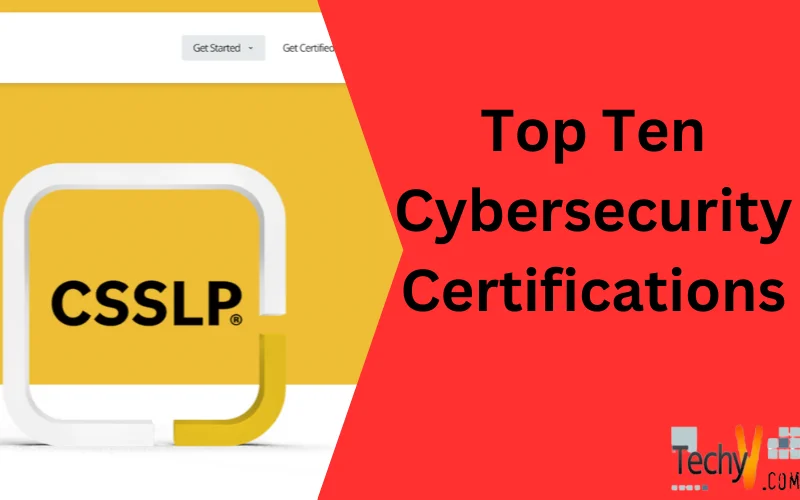Day by day, cybersecurity has become a critical concern for businesses and individuals alike. With the increasing frequency and sophistication of cyber threats, organizations are seeking skilled professionals who can protect their sensitive data and networks. This has led to a growing demand for cybersecurity certifications that validate the knowledge and expertise of individuals in the field.
What You Will Learn From This Article?
In this article, we will be exploring the ten certifications in the field of cybersecurity that professionals can pursue to enhance their skills and advance their careers. These certifications cover a range of areas, such as network security, ethical hacking, incident response, and risk management. By acquiring these certifications, individuals can showcase their expertise in cybersecurity domains.
Whether you are just starting your journey in cybersecurity or aiming to broaden your skill set, these certifications lay a foundation and open doors to opportunities. Join us as we delve into the specifics of each certificate including requirements, exam formats and the benefits they offer.
By the end of this article, you will understand the ten cybersecurity certifications and be well prepared to choose one that aligns with your career goals and aspirations. So, let’s jump in together and explore all that the world of cybersecurity certifications has to offer.
1. Certified Information Systems Security Professional (CISSP)
The CISSP certification is well-known worldwide. It is highly respected for confirming proficiency in areas of cybersecurity. It assesses knowledge in access control, cryptography, security operations, and risk management. Obtaining the CISSP certification showcases an understanding of cybersecurity principles.
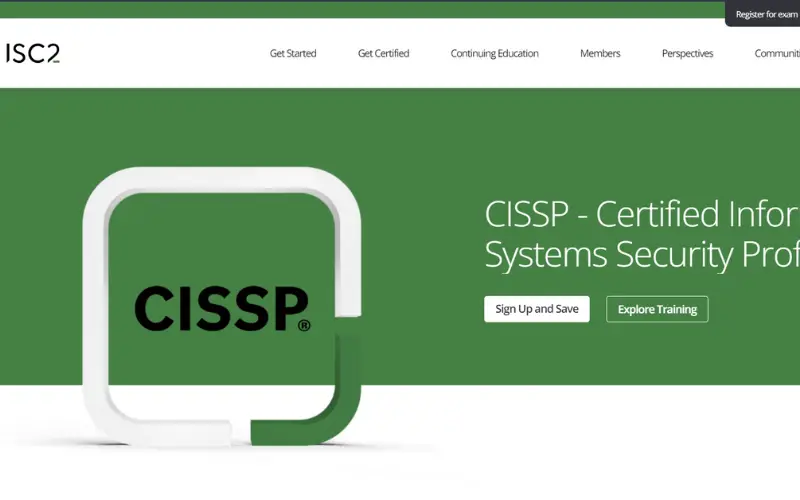
2. Certified Ethical Hacker (CEH)
The CEH certification emphasizes hacking methods and approaches. It provides professionals with the skills to proactively identify vulnerabilities and ensure the security of systems. Those who hold a CEH certification are trained to adopt a hacker mindset, enabling them to evaluate and enhance the security position of organizations.
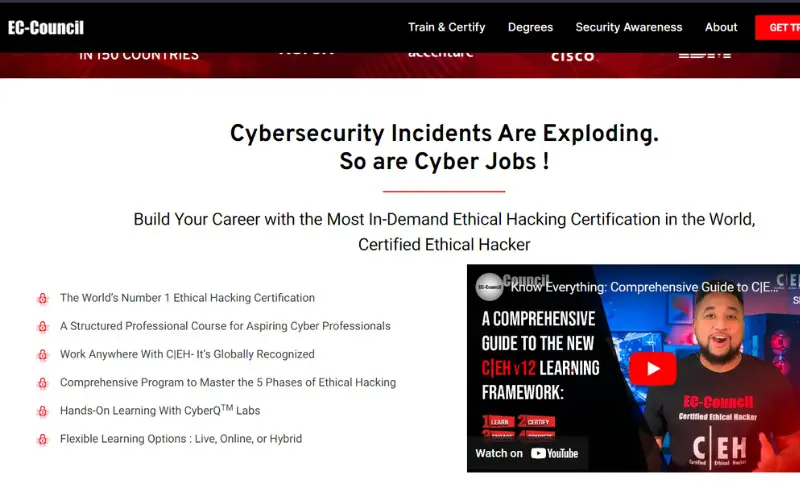
3. Certified Information Security Manager (CISM)
The CISM certification is tailored for professionals accountable for the management design and supervision of an organization’s information security program. It encompasses areas such as managing information risks, handling incidents, and ensuring governance. Acquiring the CISM certification showcases proficiency in aligning information security with business goals.
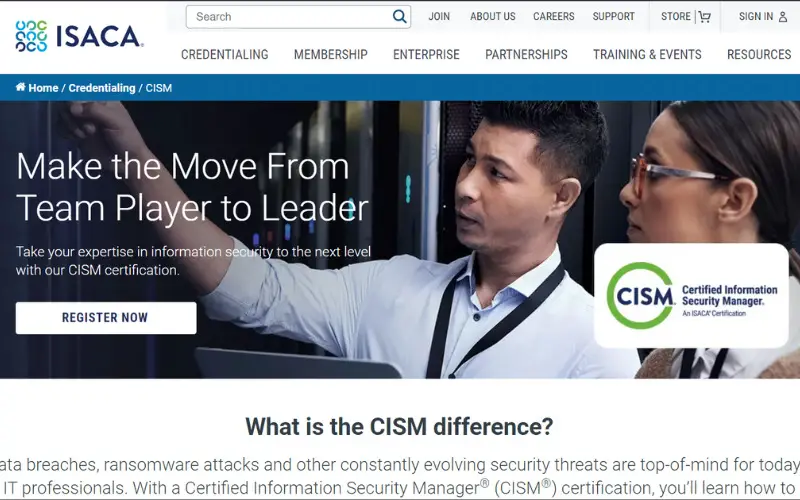
4. CompTIA Security+
The CompTIA Security+ certification is designed for individuals who are new to the field of cybersecurity and aims to establish an understanding of fundamental concepts in this domain. It encompasses subjects including network security, cryptography, and risk management. Considered unbiased towards any vendor, Security+ certification is widely acknowledged as a stepping stone for a cybersecurity career.
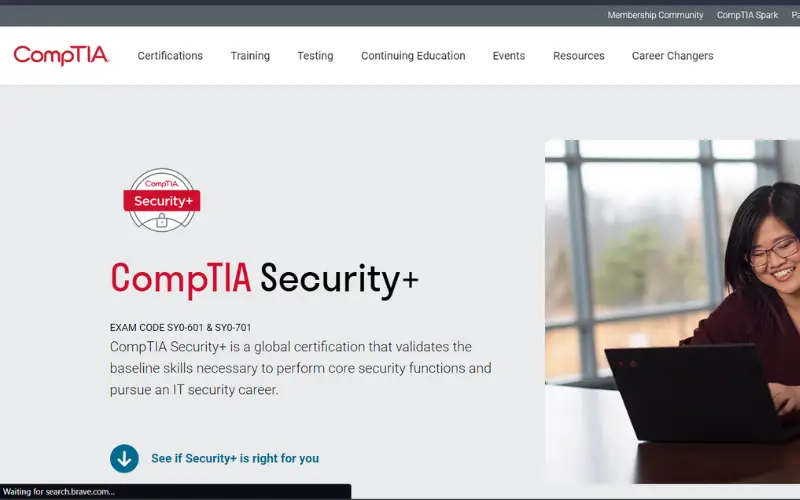
5. Certified Cloud Security Professional (CCSP)
The CCSP certification is designed to enhance the security of cloud environments. It is particularly beneficial for individuals working with cloud technologies. It encompasses cloud architecture, data security, and legal and compliance matters. By obtaining the CCSP certification, professionals can showcase their proficiency in implementing and overseeing cloud solutions.

6. Certified Information Privacy Professional (CIPP)
The CIPP certification is specifically tailored for professionals who are actively engaged in the field of privacy and data protection. It encompasses a range of subjects, including privacy laws, regulations, and recommended strategies. Obtaining the CIPP certification is highly regarded for individuals working with data as it showcases their dedication to ensuring privacy compliance.

7. Offensive Security Certified Professional (OSCP)
OSCP certification is highly prefered in the cybersecurity industry and focuses on practical skills in penetration testing. It requires individuals to pass a challenging hands-on exam, where they must identify vulnerabilities and exploit them in a controlled environment. OSCP certification demonstrates practical expertise in offensive security techniques.

8. Certified Incident Handler (GCIH)
The GCIH certification is tailored for professionals engaged in the management and response to cybersecurity incidents. It encompasses areas including incident handling, threat intelligence, and forensic analysis. GCIH certification validates competence in addressing and minimizing the impact of cybersecurity incidents.
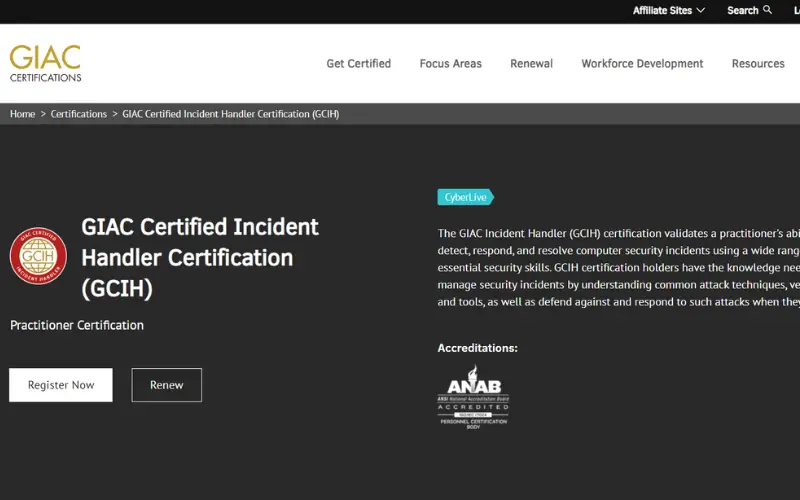
9. Certified Information Systems Auditor (CISA)
The CISA certification is designed for professionals, engaged in the auditing, control, and assessment of an organization’s information systems. It encompasses areas such as IT governance, risk management, and the acquisition of information systems. Obtaining CISA certification showcases proficiency in evaluating and ensuring the efficiency of information systems controls.

10. Certified Secure Software Lifecycle Professional (CSSLP)
CSSLP certification focuses on secure software development practices. It covers secure coding, software testing, and software deployment. CSSLP certification is valuable for professionals developing and maintaining certain software applications.




